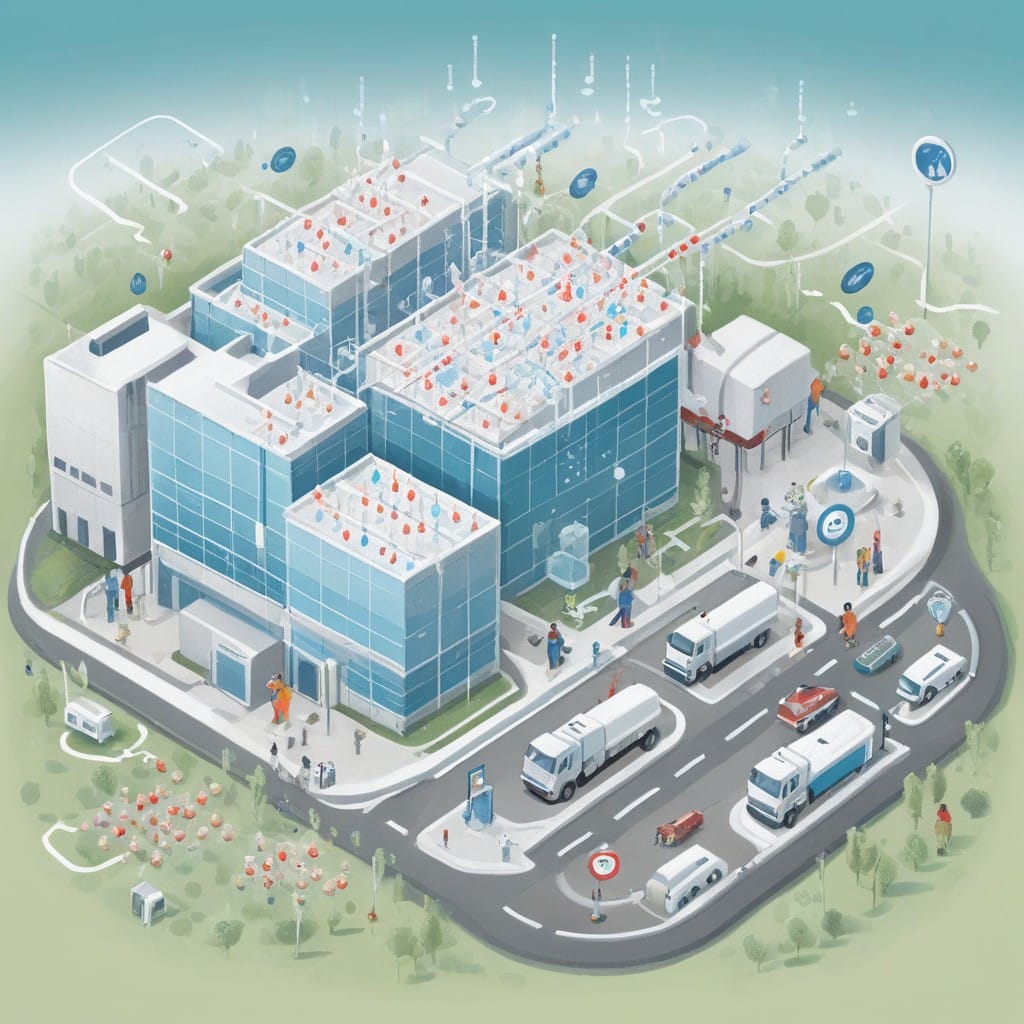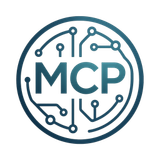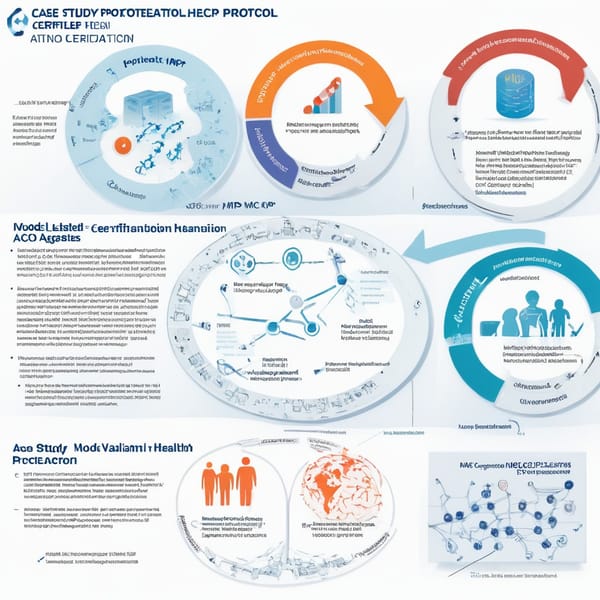Optimizing Vaccine Distribution with GIS-Integrated MCP Trackers and CDC-Compliant Temperature Recorders

Project Overview
The Model Context Protocol (MCP) Repairs: Vaccine Distribution Route Optimization project was designed to address critical inefficiencies in vaccine logistics, particularly for temperature-sensitive COVID-19 vaccines. By integrating GIS-based MCP trackers with CDC-compliant temperature recorders, the project aimed to streamline last-mile delivery, ensure vaccine efficacy, and reduce spoilage.
The initiative was a collaboration between public health agencies, logistics providers, and technology partners, focusing on real-time monitoring of vaccine shipments, dynamic route optimization, and compliance with CDC storage guidelines. The solution combined geospatial intelligence, IoT sensors, and predictive analytics to enhance supply chain resilience.
Challenges
- Temperature Sensitivity: COVID-19 vaccines required strict temperature control (-70°C for Pfizer-BioNTech, -20°C for Moderna), with deviations risking spoilage.
- Last-Mile Delays: Inefficient routing led to delays, increasing exposure to temperature fluctuations.
- Manual Monitoring: Traditional methods relied on manual temperature logs, increasing human error risks.
- Regulatory Compliance: Ensuring CDC and WHO compliance across diverse distribution networks was complex.
- Data Silos: Disconnected systems between logistics providers and health agencies hindered real-time decision-making.
Solution
The project deployed a multi-layered approach:
1. GIS-Integrated MCP Trackers
- Dynamic Route Optimization: Used real-time traffic, weather, and road condition data to adjust delivery paths.
- Geofencing: Alerts for deviations from planned routes or unauthorized stops.
- Demand Forecasting: AI models predicted regional vaccine needs, reducing over/under-supply.
2. CDC-Compliant Temperature Recorders
- IoT Sensors: Continuously monitored temperature, humidity, and light exposure.
- Automated Alerts: Instant notifications for excursions beyond safe thresholds.
- Blockchain Logs: Tamper-proof audit trails for regulatory compliance.
3. Unified Dashboard
- Consolidated GPS tracking, temperature data, and inventory levels into a single interface for health agencies and logistics teams.
Tech Stack
| Component | Technology Used |
|---|---|
| GIS Platform | ArcGIS, QGIS (Open-Source Option) |
| Route Optimization | Google OR-Tools, Python (Pyomo) |
| IoT Sensors | Bluetooth Low Energy (BLE) loggers |
| Data Analytics | AWS IoT Core, Tableau, Power BI |
| Blockchain | Hyperledger Fabric (for audit logs) |
| Cloud Infrastructure | AWS S3, Lambda, EC2 |
Results
- 99.8% Vaccine Integrity: Reduced spoilage from 5% to <0.2% via real-time monitoring.
- 20% Faster Deliveries: Optimized routes cut average delivery time by 20%.
- Regulatory Compliance: 100% adherence to CDC storage guidelines with automated reporting.
- Cost Savings: $2.3M saved annually by minimizing wasted doses.
- Scalability: Deployed across 12 states, supporting 15M vaccine doses/month.
Key Takeaways
- Real-Time Monitoring is Critical: IoT sensors and GIS integration prevent spoilage and ensure compliance.
- AI-Driven Logistics Outperform Manual Planning: Dynamic routing adapts to unforeseen delays.
- Interoperability Matters: Unified dashboards bridge gaps between stakeholders.
- Blockchain Enhances Trust: Immutable logs simplify audits and build stakeholder confidence.
- Scalable Solutions Save Lives: The framework can be adapted for other perishable medical supply chains.
This project demonstrated how technology-driven logistics can transform public health responses, ensuring life-saving vaccines reach communities safely and efficiently.




